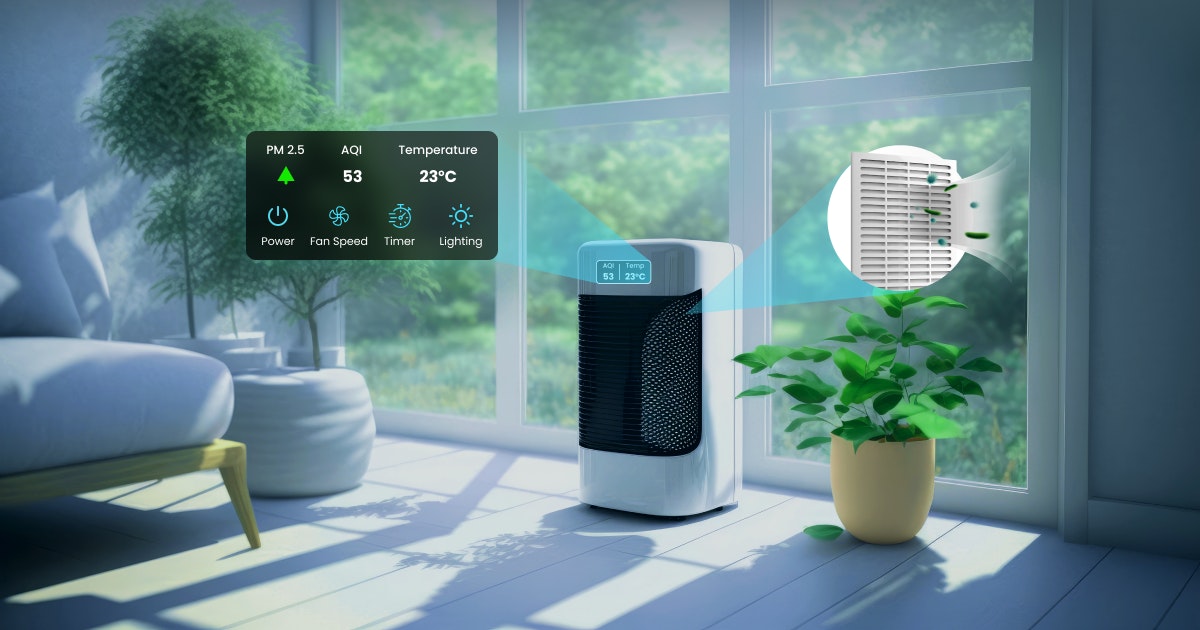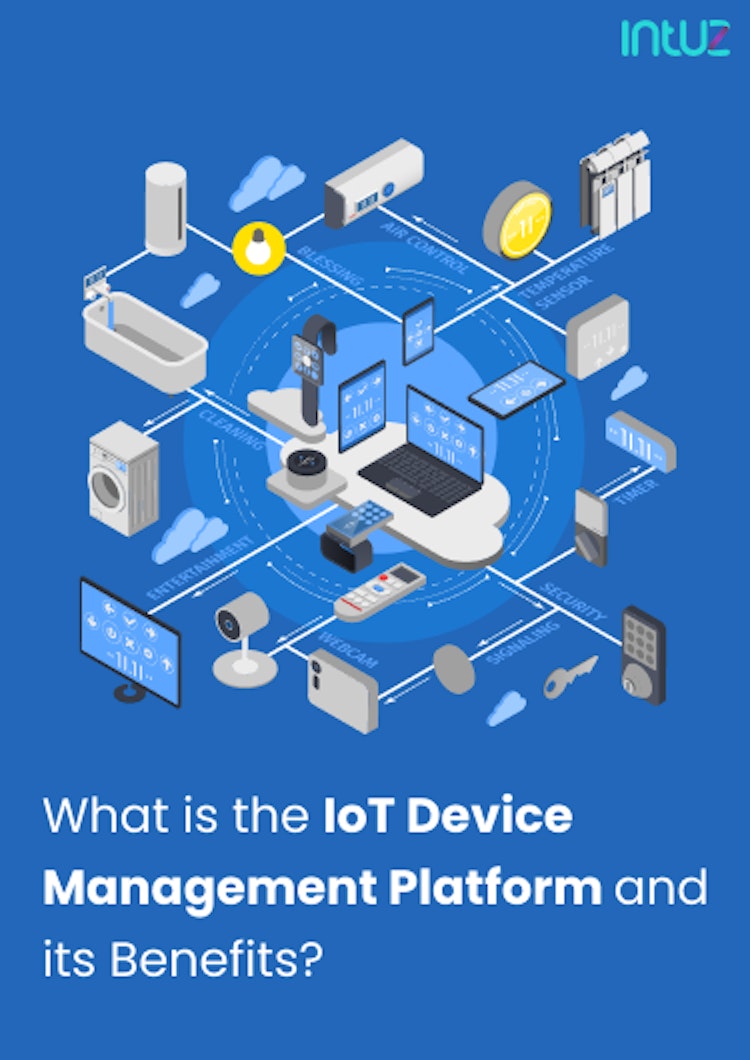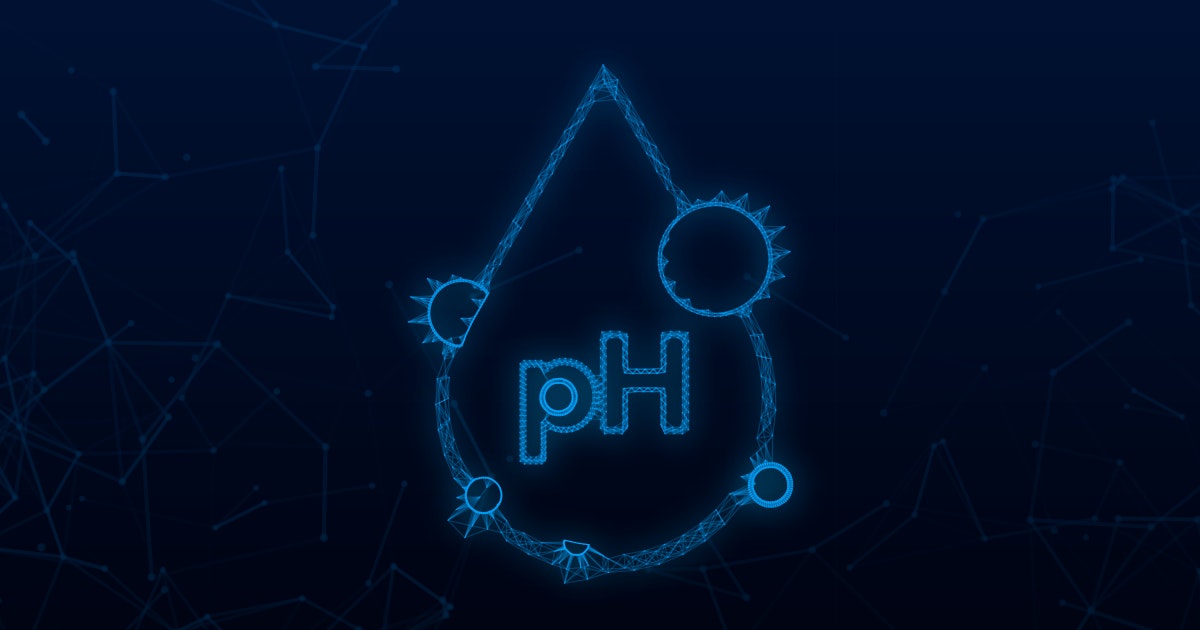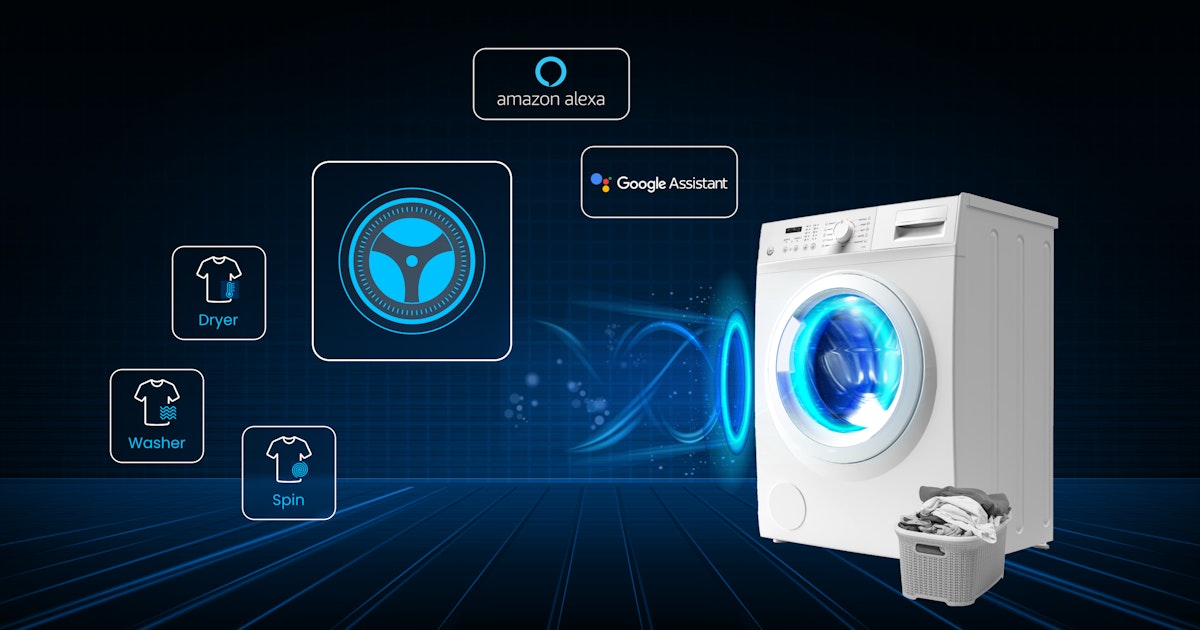Table Of Content
Our health depends on having access to clean, fresh air in the modern world, where air pollution is becoming a growing issue. IoT-enabled smart air purifiers have become a ground-breaking method of reducing indoor air pollution. The advanced features of these new gadgets include real-time monitoring, automation, interaction with smart home systems, and more, in addition to air purification. This article will highlight the advantages and possibilities of IoT-enabled smart air purifiers and how they change how we breathe.
Statistics of Smart Air Purifiers
Let's look at some startling figures that emphasize the necessity for smart air purifiers before getting into the specifics.
- By 2025, it is expected that the market for smart air purifiers will have grown at a compound annual growth rate (CAGR) of 12.2%, reaching a value of USD 4.71 billion. As pollution levels rise, demand for anti-pollution products will likely increase. In the near future, it is projected that the rising prevalence of airborne infections will accelerate the use of the product.
- The World Health Organization (WHO) estimates that 90% of people breathe polluted and poisoned air. According to the study, exposure to indoor air pollution causes 3.8 million fatalities annually, accounting for 7 million premature deaths annually. Over the forecast period, it is anticipated that declining air quality in various countries and growing consumer awareness of the benefits of utilizing air purifiers will propel the market for smart air purifiers.
Partner with Us to Manufacture IoT-Powered Air Purifiers!
Let's Get StartedUse Cases of Smart Air Purifiers
There are several locations where smart air purifiers are used, including homes, offices, schools, hospitals, gyms, libraries, public shopping malls, and theaters. Everybody may enjoy cleaner, fresher air no matter where they are, thanks to these adaptable gadgets that can accommodate the requirements of various situations. There are many situations where smart air purifiers are useful, including:
Homes
Smart air purifiers are frequently utilized in home settings for better indoor air quality. For people and families, they assist in creating a cleaner and healthier living environment by removing pollutants, allergens, and odors.
Schools
Smart air purifiers can help schools create a good learning environment. These devices help make classrooms healthier for teachers and kids by lowering airborne pollutants and enhancing air quality.
Offices
Air quality can dramatically impact productivity and employee well-being in offices. By removing pollutants, including dust, allergies, and volatile organic compounds (VOCs), smart air purifiers improve the working environment for staff members and their health and productivity.
Hospitals
Keeping the air in healthcare facilities clean and sterile is essential to stop the transmission of illnesses. To create a safer environment for patients, healthcare professionals, and visitors, smart air purifiers with cutting-edge filtration systems assist in removing airborne germs.
Gyms
High concentrations of dust, sweat, and smells are common. Smart air purifiers help create a more cozy and clean workout environment by eliminating impurities and lessening offensive odors.
Libraries
Libraries are frequently busy areas where allergies, dust, and mold spores can gather. Smart air purifiers contribute to the upkeep of a clean and healthy environment, making sure that visitors may take pleasure in reading.
Shopping Malls
Multiple establishments and crowded malls can greatly impact air quality. Installing intelligent air purifiers in public spaces and specific establishments can reduce pollution, giving customers a cleaner and more pleasant shopping experience.
Cinema Halls
There may need to be more ventilation in crowded movie theaters. By removing dust, allergens, and odors, smart air purifiers help to improve air quality, giving viewers a more enjoyable and cozy movie-watching experience.
Sensing-As-A-Service: The Present And Future
Learn MoreUpgrading Smart Air Purifiers with IoT Technology
IoT-enabled air purifiers advance the field of air filtration by utilizing cutting-edge technologies. Here are a few significant improvements made feasible by IoT integration:
Real-Time Monitoring and Control
Real-time monitoring of variables like PM2.5 levels, humidity, temperature, and VOCs is offered via IoT-enabled air purifiers. Users can keep track of the air quality in their immediate surroundings by remotely accessing this data from their cell phones via specialized apps.
Integration with Smart Home Systems
With the current ecosystem for smart homes, these intelligent air purifiers integrate without any issues. They produce an indoor atmosphere that is comfortable and optimized for air purification by interacting with IoT devices like smart thermostats. Through voice commands or mobile apps, users can enjoy the convenience of managing their air purifiers.
Smart Scheduling and Automation
Air purifiers can be configured to run according to schedules, occupancy patterns, or specific events with IoT connectivity. For instance, the cleaner can switch on automatically when a user gets home or change its settings following the occupancy of various rooms. Through automation, air purification is customized to the demands of the users, increasing both efficiency and convenience.
Purification Modes
Air purifiers can be configured to run according to schedules, occupancy patterns, or specific events with IoT connectivity. For instance, the cleaner can switch on automatically when a user gets home or change its settings following the occupancy of various rooms. By leveraging IoT connectivity, OEMs can offer a range of preset modes tailored to specific needs, such as allergy relief, sleep mode, or pet-friendly settings. Air purification is customized to the demands of the users, increasing both efficiency and convenience.
Remote Monitoring and Alerts
Users receive notifications and alerts on their cellphones when filters need to be changed, when maintenance is required, or when the air quality changes. This function assures optimal performance and encourages customers to maintain their cleaners proactively.
Integration with Wearable Devices
Through wearable technology, IoT-enabled air purifiers can track users' health and activity levels. The air purification parameters can then be customized based on user preferences, offering a unique and customized air purification experience.
Voice Control and Virtual Assistants
By integrating their air purifiers with well-known virtual assistants like Alexa and Google Assistant, consumers can have voice controls to operate their devices and get information. This hands-free control makes the total experience more convenient and simple to utilize
Cloud Connectivity and Remote Management
Connecting to cloud-based platforms allows for remote management, firmware updates, and data storage for smart air purifiers. As it enables centralized control and monitoring of numerous purifiers spread across various locations, this function is useful for commercial or large household applications. Manufacturers can provide comprehensive solutions for diverse customer needs.
The Future of E-commerce: Exploring the Benefits of ONDC
Learn MoreBenefits of IoT-Enabled Smart Air Purifiers
IoT technology integration aids intelligent air purifiers in a variety of ways:
Improved Indoor Air Quality
IoT-based smart air purifiers maintain a constant high air quality level by monitoring and modifying purification settings, which lowers the number of pollutants and allergens in the indoor environment.
Reduced Risk of Illness
Cleaner air reduces the likelihood of respiratory illnesses, allergies, and other health issues associated with poor indoor air quality. IoT-enabled air purifiers are essential for making indoor environments healthier.
Improved Sleep Quality
Better sleep quality is facilitated by breathing clean air while sleeping, which enhances general well-being and productivity.
Created a More Comfortable Home Environment
By preserving ideal air quality and getting rid of bothersome odors and pollutants, smart air purifiers with IoT integration help create a comfortable living space.
Saved Energy
Thanks to their intelligent scheduling and automation features, IoT-enabled air purifiers improve energy use, lowering electricity consumption and boosting energy efficiency.
Revolutionize Your Product Line with IoT-Enabled Air Purifiers!
Explore ServicesConclusion
The advent of IoT-enabled air pollution monitoring has revolutionized the way we purify and experience indoor air. With attributes like real-time monitoring, interaction with smart home systems, automation, and remote control, these gadgets offer a complete answer for cleaner, fresher air. Improved indoor air quality, reduced illness risks, improved sleep, a more comfortable home environment, and energy savings make IoT-enabled smart air purifiers valuable in any space. To explore the possibilities of this technology further,
Book a 45-minute free consultation with our IoT experts and discover how IoT can transform your air purification solutions.






